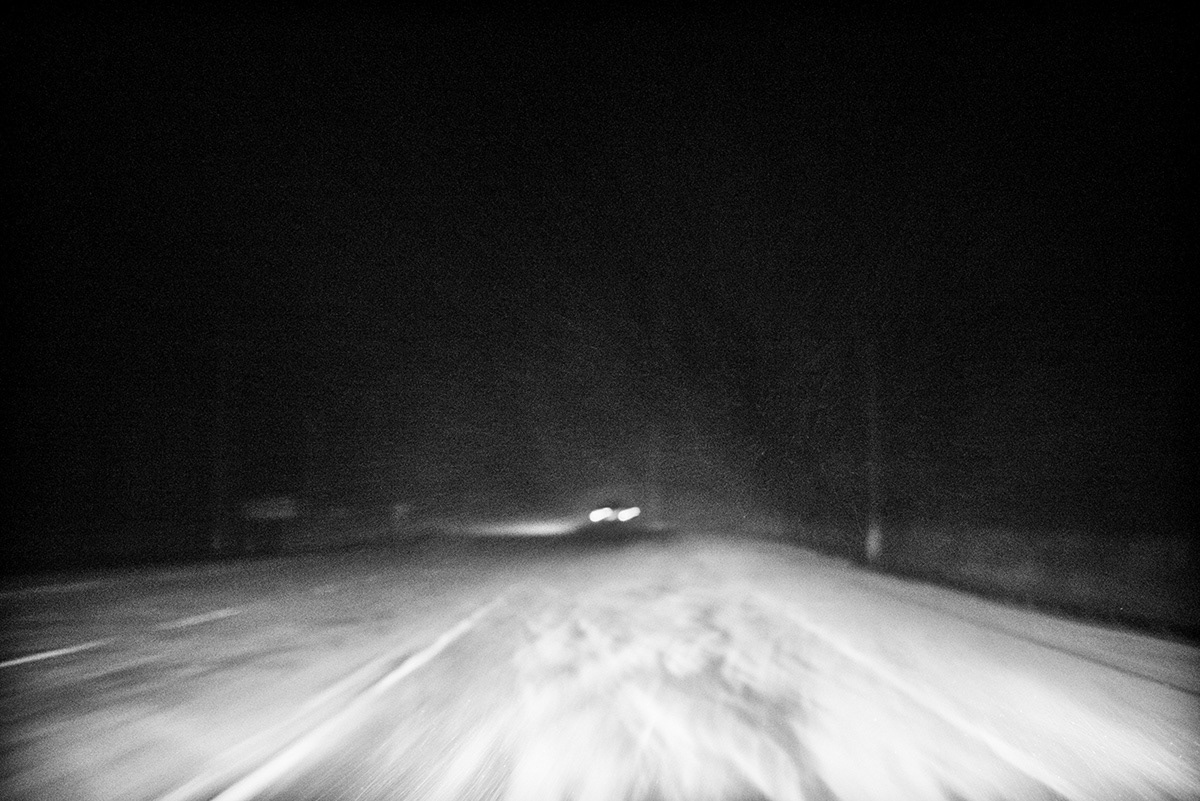



















Absences.
Often identified as a personality trait and not an illness, people with early onset dysthymia are able to hide their symptoms in many social situations. There is a catch 22 situation in knowing you are sick intellectually but, emotionally being unable to remember anything else. You identify as your illness. For many this also means accepting major depression, anxiety and other personality disorders as an inevitable part of their daily lives.
Often identified as a personality trait and not an illness, people with early onset dysthymia are able to hide their symptoms in many social situations. There is a catch 22 situation in knowing you are sick intellectually but, emotionally being unable to remember anything else. You identify as your illness. For many this also means accepting major depression, anxiety and other personality disorders as an inevitable part of their daily lives.
The cumulative effects of these co-occurring conditions pushes them to the periphery of society. The isolation becomes a kind of deliberate un-belonging. A vicious circle where by, in protecting themselves, they are also trying to protect those they love from themselves.
I didn't realize that in trying to hold things together I would make it even worse. That the distance I needed to maintain the fantasy would slowly separate me entirely from the people I love. It is impossible to have a connection to someone who can’t connect. You slowly become more and more complicit in your own isolation. Dissociative disorders involving breakdowns of memory, consciousness, awareness, identity, and/or perception become the norm.
Yet, despite this dissociative detachment and the isolation it creates. I am never truly alone when I am taking photographs. I am haunted by the ghosts of those I have loved… and they are hungry ghosts. Photograph what you cannot escape.
This is the third in an ongoing series of photographic short stories that explore the deeply personal space between what is known and what is felt: a study of life with mental illness.
